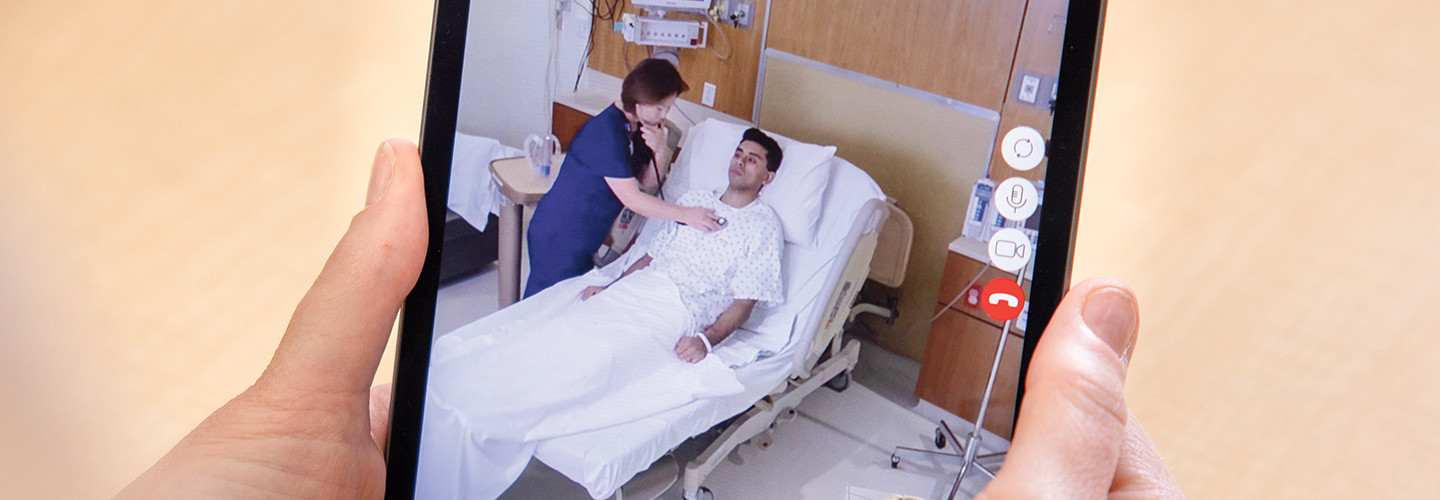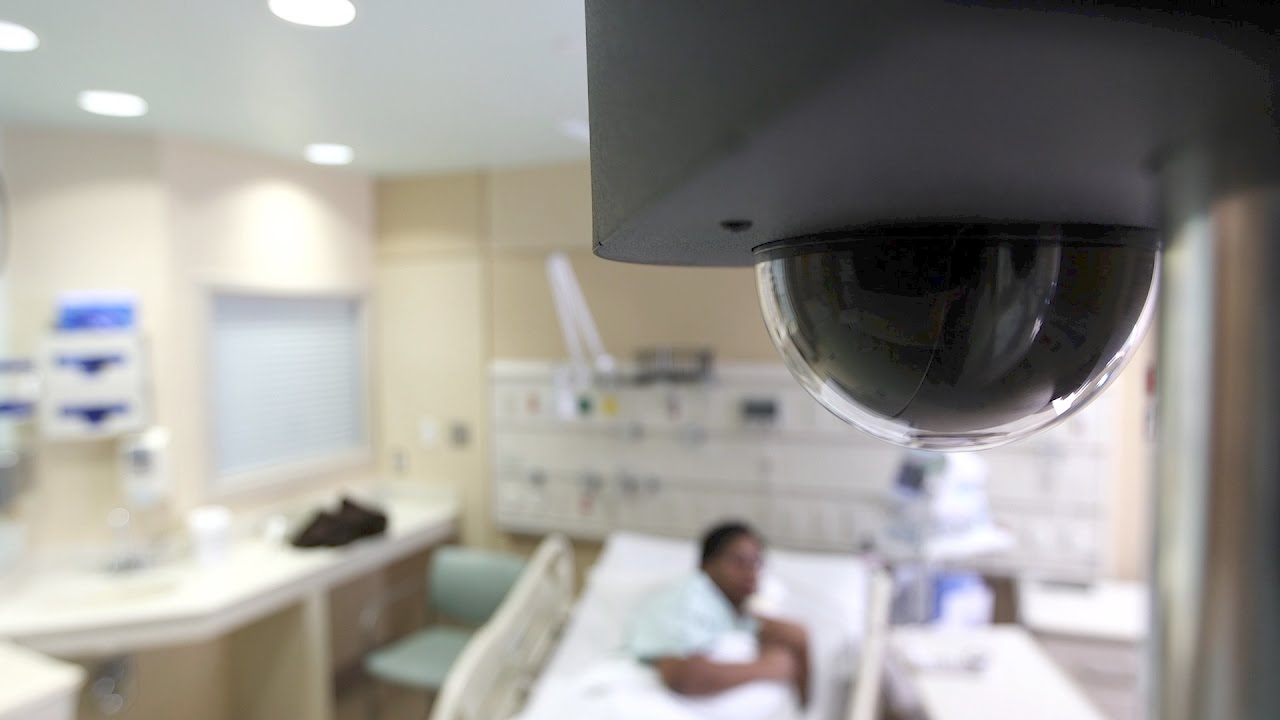In the digital age, the line between privacy and safety is increasingly blurred.
The idea of hospital surveillance cameras prompts an immediate reaction, But when you start thinking about your privacy, it gets tricky.
This article explores whether cameras are installed in hospital rooms, the reasons behind it, and the implications for patient privacy –
Why Might Cameras Be Used in Hospital Rooms?
The primary reasons for deploying surveillance cameras in hospital rooms include:
- Patient safety: Cameras can help prevent falls due to the quick detection of incidents. They also enable rapid responses to medical emergencies.
- Security: Cameras can deter and record theft or violence within the hospital premises.
- Medical monitoring: In specific complex treatments or procedures, doctors can use camera feeds to monitor a patient’s progress closely.
Where Are Cameras Usually Located in Hospitals?

More often than not, you’ll find surveillance cameras positioned in several common areas within a hospital:
- Entrances and Exits
- Waiting Areas
- Corridors and hallways
- Parking lots
However, the placement can vary widely based on hospital policies and local, state, or national laws.
Are There Cameras Inside the Patients’ Rooms?
Many hospitals do have surveillance or monitoring systems to ensure the safety and well-being of the patients and staff. However, regarding individual patient rooms, using cameras is a complex issue that can vary based on hospital policies and local laws.
Typically, hospitals are cautious about placing cameras in private patient rooms due to privacy considerations. Cameras are commonly found in public and communal areas such as entrances, hallways, waiting areas, and staff rooms.
Similarly, some patient care areas, such as the Intensive Care Unit (ICU) or Neonatal Intensive Care Unit (NICU), might have cameras to monitor patients’ health and safety continuously.
Some hospitals may employ in-room technology for telehealth services, like an Intel NUC Mini PC, a pan-tilt-zoom camera, and a Jabra Speak 510 speakerphone as a part of a telehealth kit.
This setup allows for reliable video communication between patients and healthcare providers but is not primarily used as a surveillance method.
Still, however, patients have a right to privacy and should be informed about any surveillance measures in their private rooms. Thus, there’s a delicate balance between maintaining patient privacy and ensuring safety.
Can Hospitals Install Cameras in Your Private Room Without Permission?
Hospitals in the US are not allowed to install cameras in patients’ private rooms without permission.
This is primarily due to privacy concerns and legal regulations surrounding healthcare facilities. Explicit consent from the patient or their legal representative is usually required before any surveillance installation.
However, the rules differ if the camera is used for medical monitoring. In such cases, the hospital is likely permitted to install the camera, presuming it is used strictly for monitoring the patient’s health condition.
In some instances, like nursing homes, there are state-specific laws that allow residents to install video cameras in their private rooms.
But even in these scenarios, the administrators of such facilities need to weigh each request individually, considering the privacy implications and potential risks to residents and the facility.
Pros and Cons of Hospital Room Surveillance
Despite the potential benefits, there are significant drawbacks that make hospital room surveillance a contentious issue.
Pros:
- Ensuring patient safety and immediate availability of help
- Helping medical staff monitor patient’s condition continuously
- Enhancing security against theft or violence
Cons:
- Potential infringement on patient privacy
- Risk of misuse of the recorded footage
- Ethical considerations involved with constant surveillance
Conclusion
In conclusion, while there may be legitimate reasons for cameras in hospital rooms, the practice is not widely implemented due to various practical, legal, and ethical considerations.
Nonetheless, if you find yourself in a situation where you are unsure about surveillance during your hospital stay, never hesitate to ask for information regarding their surveillance policies.

